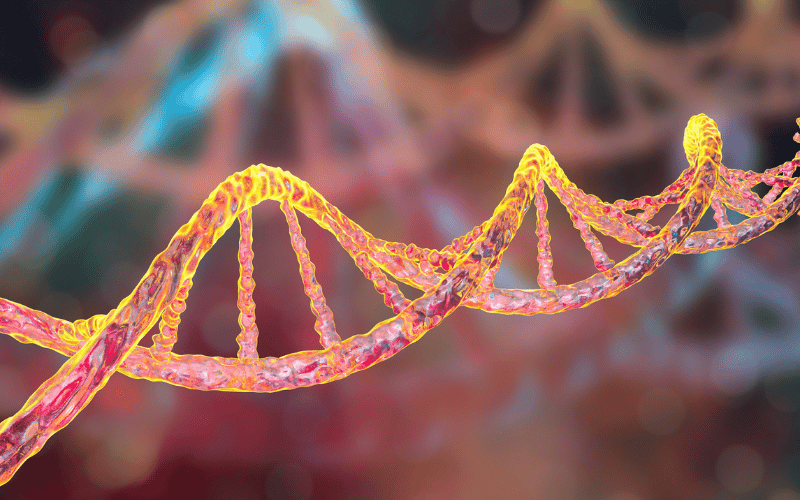6. Genetics and Celiac: Tracing the Ancestral Links

Celiac disease, while multifactorial, has strong genetic roots. Research indicates that the condition runs in families, suggesting a hereditary component. People with a first-degree relative diagnosed with celiac disease have a heightened risk of developing the condition themselves. Delving deeper into this genetic predisposition opens an intricate web of factors that contribute to the disease’s prognosis.
Firstly, specific gene markers, namely HLA-DQ2 and HLA-DQ8, are observed in nearly all individuals diagnosed with celiac disease. These genes play a pivotal role in immune system function. However, the mere presence of these genes doesn’t guarantee the onset of celiac; rather, it signifies a genetic susceptibility. Many who possess these genes never develop the disease, suggesting interplay with other factors.
Environmental triggers are believed to play a role in activating celiac disease in genetically predisposed individuals. This could be anything from infections to stress or even surgery. Essentially, while the genetic terrain sets the stage, external factors pull the trigger, commencing the disease’s onset in susceptible individuals.
Contrarily, the lack of these specific genes could act as a protective shield. Those without the HLA-DQ2 or HLA-DQ8 genes are unlikely to develop celiac disease. This knowledge has given impetus to genetic testing, helping assess individual risks and aiding in diagnosis, especially in ambiguous cases. (6)